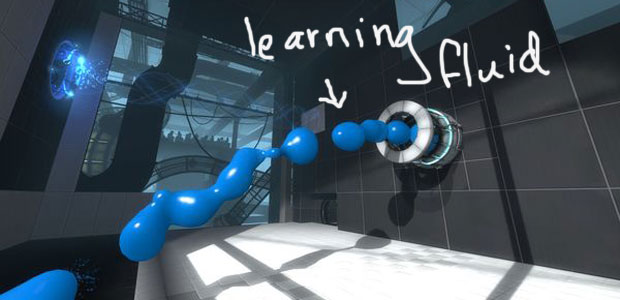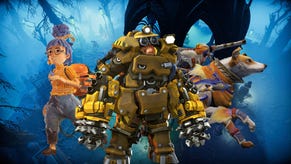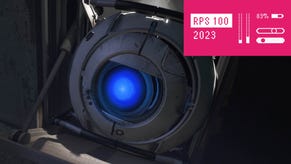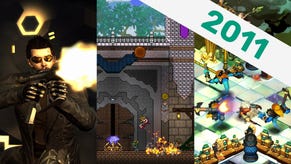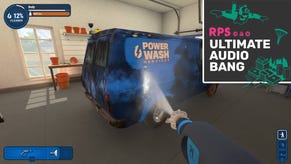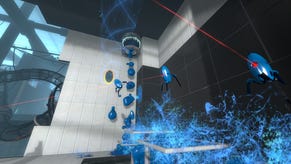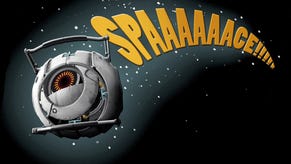Think Of All The Things We Learned In Portal 2
The power of portals
Have you ever idly wondered whether GLaDOS might have been up to more research and testing than the Portal games let on? A study from Florida State University into the effects of playing Portal 2 on a variety of skills won't do much to ease your fears, then.
According to the study, spending eight hours playing Portal 2 is more effective at improving a range of cognitive skills than a dedicated brain training program called Lumosity.
Lumosity is actually a suite of games designed to improve cognitive abilities through play and has a whole section on its site where you can find research papers talking about the program's efficacy. Portal 2, on the other hand, is a puzzle-platform game developed by Valve.
According to the paper, participants played either Portal 2 or Lumosity for eight hours, completing a battery of tests before and after their gaming session. As the study notes:
Results revealed that participants who were assigned to play Portal 2 showed a statistically significant advantage over Lumosity on each of the three composite measures—problem solving, spatial skill, and persistence. Portal 2 players also showed significant increases from pretest to posttest on specific small- and large-scale spatial tests while those in the Lumosity condition did not show any pretest to posttest differences on any measure.
Sounds like good news for non-brain-training video games, no? Well, sooooort of. The research team advise caution when generalising from the study results. The length of time participants spent on the games was relatively short, as were the assessment tests – reliability increases with longer tests.
I'd also add that it might be tricky to generalise from Portal 2 to other video games. Portal 2 is a game which has already been linked to education. The Teach With Portals program aimed to help teach physics and critical thinking skills in schools through the game. It also gave teachers access to an educational version of Puzzle Maker and the Valve Education forum. You can find lesson plans on that site too which cover subjects like oscillation, simple harmonic motion and Hooke's law, terminal velocity, and using geometric reasoning to fix broken test chambers.
That said, the study is an interesting addition to a growing body of research into how playing games affects our cognitive skills.

